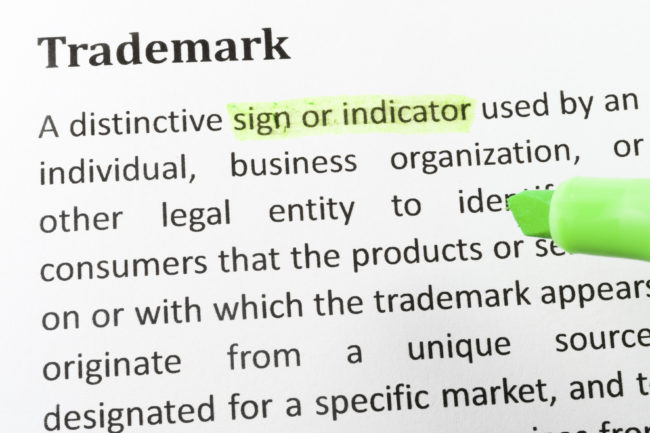On March 4, 2018, two owners of Southern California Ford dealerships filed for dismissal or staying of a trademark infringement suit initiated by the NCAA, while the parties await decision on the same issue from the Trademark Trial and Appeals Board (TTAB). The NCAA initiated a suit in response to the dealerships’ uses of “Markdown Madness,” claiming the slogan could easily be confused with the NCAA’s “March Madness.” Dealership owners and defendants, Ken Grody Management, Inc. and Dixon Ford, Inc., had already been defending the …
Continue Reading
